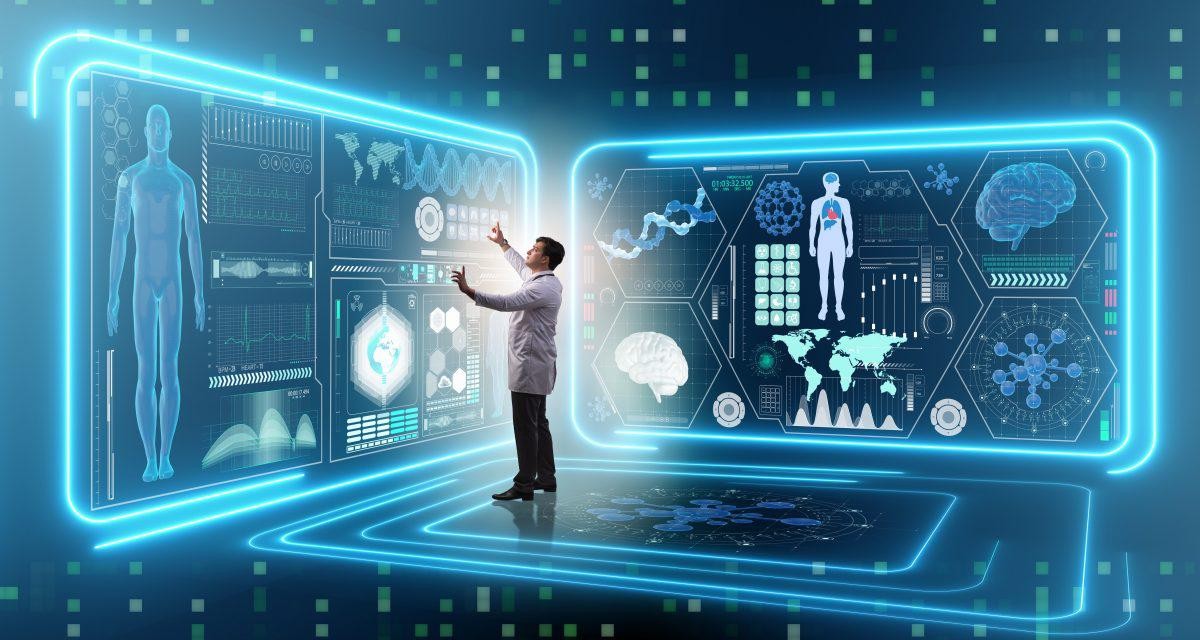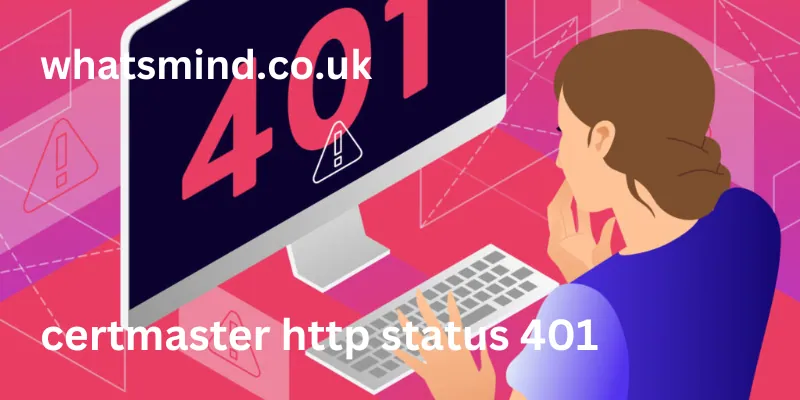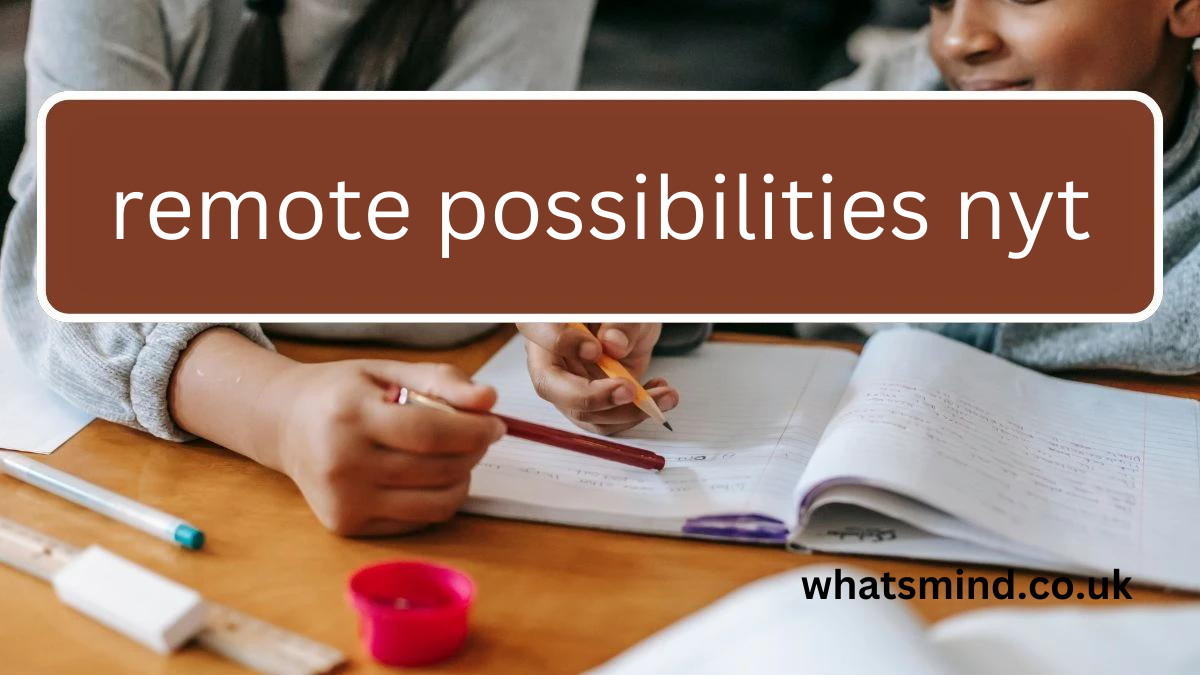With the advancement of technology, there are new opportunities for the education sector, especially when it comes to distance learning. The world is currently experiencing a technological revolution that will change the future of learning forever. The potential of this development has been recognized not only by the world’s leading authorities on technology, but also by educators who understand its impact on learning. Just as in medicine, where computer-assisted instruction is used to diagnose and treat disease, so too can it be used as a tool to educate people around the world in any subject they choose, without limitation. But whatever we may say about it, let’s consider what ordinary citizens would think about this innovation? And how educational software development is changing the education industry.
Artificial Intelligence in The Educational Process
Education platforms use AI to collect and analyze large amounts of data about students, including their progress in terms of learning pace or style, as well as comprehension levels. It uses this data to create individualized learning paths for students, with each student receiving assignments and materials that best meet their unique needs.
How artificial intelligence helps personalize learning:
- Progress analysis. Thanks to AI algorithms, platforms can track a student’s progress in real-time, adjusting their learning plan based on their achievements or difficulties.
- Individual recommendations. The system can offer students additional materials or tasks based on their success in a specific topic, or recommend more detailed explanations where challenges arise.
- Automatic identification of strengths and weaknesses. AI can identify gaps in a student’s knowledge, allowing for quick response and directing attention to problematic areas.
Lionwood tells us about the benefits of adaptive AI-based solutions:
- Personalized learning. Instead of a one-size-fits-all approach, the system can adapt to the individual characteristics of each student, making the learning process more effective and productive.
- Optimization of time and resources. Teachers can focus their attention on students who need extra help, while AI automatically provides basic support to others.
- Student motivation. Adaptive systems ensure a more engaging learning experience, as students receive tasks that match their knowledge level, reducing frustration from overly difficult or too simple assignments.
Distance learning is being redesigned by artificial intelligence to provide educational solutions that are tailored to individual students because of their adaptability. When learning is based on analytics, it ensures that the comprehension process becomes more effective, thereby motivating learners to pursue lifelong education by solving problems in a timely manner. In fact, Artificial Intelligence enables teachers to have an easier life than before, so they spend most of their time creatively.



